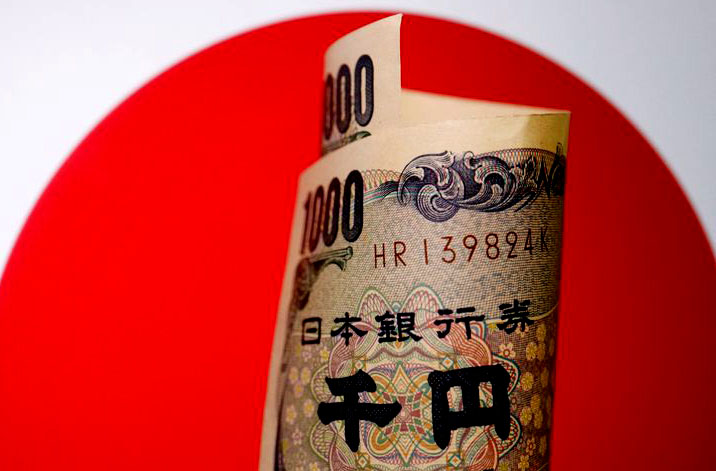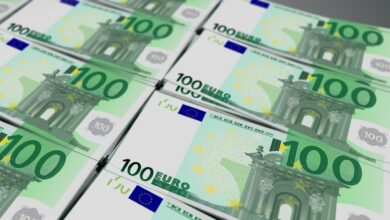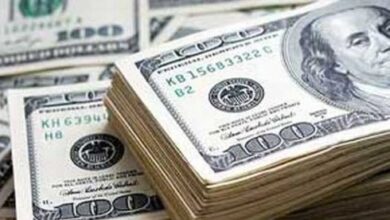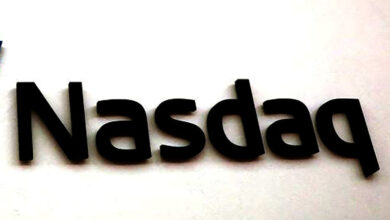Yen Firms Amid Intervention Chatter, Aussie Rises on RBA Decision

The dollar took a slight dip against the yen on Tuesday as markets stayed on high alert for any signs of Japanese intervention. Meanwhile, the Australian dollar gained strength following the decision of the country’s central bank to keep interest rates unchanged.
By 8:33 GMT, the greenback had slipped 0.19% to 144.45 yen, after experiencing a 0.27% increase on Monday.
Nevertheless, the yen remained near its nearly eight-month low of 145.07 per dollar, prompting Japan’s Finance Minister, Shunichi Suzuki, to caution against excessive selling of the yen.
On Tuesday, the Reserve Bank of Australia (RBA) decided to maintain interest rates at 4.10%, expressing the need for more time to evaluate the impact of previous rate hikes. However, they did mention that further tightening might be necessary to control inflation.
Amidst these developments, the Australian dollar displayed some volatility but managed to rise by 0.13% to $0.668 by 8:33 GMT.
Market expectations had leaned toward the central bank keeping rates steady, considering that inflation had eased slightly more than anticipated in May. Nonetheless, economists were divided, with 16 out of 31 surveyed by Reuters anticipating a rate hike while the rest predicted the maintenance of the current rates.
With the United States observing the July 4 public holiday, market activity remained relatively subdued on Tuesday. Investors were also awaiting the influential U.S. non-farm payrolls employment report, scheduled for release on Friday, which is likely to impact the Federal Reserve’s upcoming decision.
Against the dollar, the euro experienced a 0.13% decline, trading at $1.09, while sterling remained relatively stable at $1.269.
The U.S. dollar index, which tracks the greenback against six major currencies, also saw little change at 103.
Alvin Tan, head of Asia FX strategy at RBC Capital Markets, remarked, “It feels like every week will bring something, and this week we’re waiting for the U.S. non-farm payrolls.”
In the currency markets, investors remained vigilant for potential intervention by Japanese authorities to counter yen losses.
Earlier on Tuesday, Japan’s top financial diplomat, Masato Kanda, stated that officials maintained close communication with U.S. Treasury Secretary Janet Yellen and other overseas authorities on currency matters and broader financial markets almost every day.
Charu Chanana, market strategist at Saxo Markets, noted, “This is sending signals that coordinated intervention may be imminent as the yen continues to hover above 144 per dollar.” She added, “A coordinated intervention typically has a longer-lasting impact on the yen compared to a unilateral intervention.”
In September, Japan purchased yen, venturing into the market to strengthen its currency for the first time since 1998, as the Bank of Japan’s commitment to maintaining ultra-loose policy for as long as necessary led the yen to drop as low as 145 per dollar. The intervention occurred again in October when the yen plummeted to a 32-year low of 151.94.
RBC’s Tan expressed his belief that the dollar is likely to surpass 150 yen, stating, “The Bank of Japan is still unwilling to deviate from the YCC policy, and that will result in a stronger dollar.” He further suggested that such a scenario would make intervention “more likely than not.”





